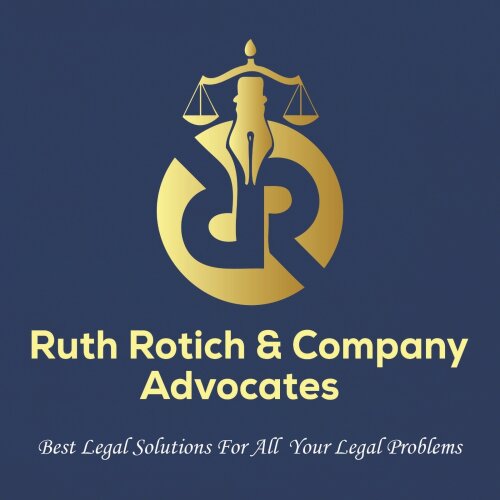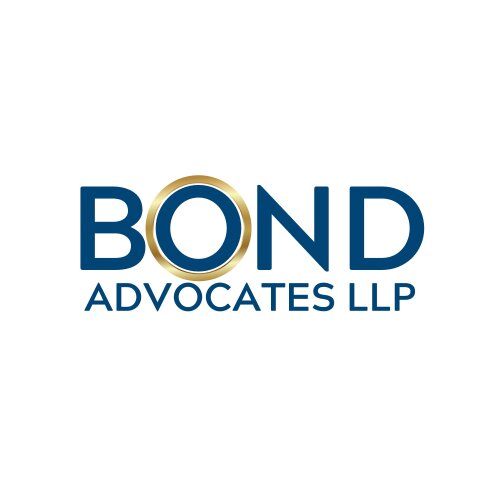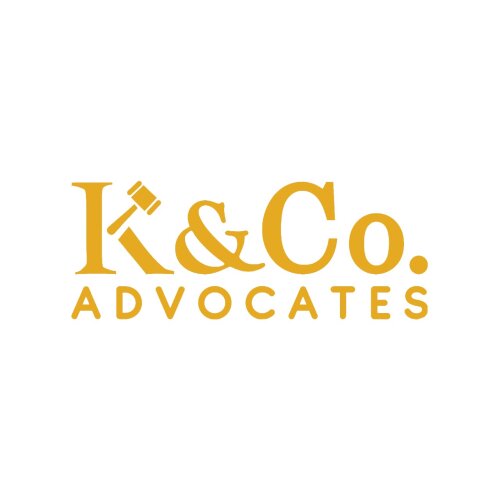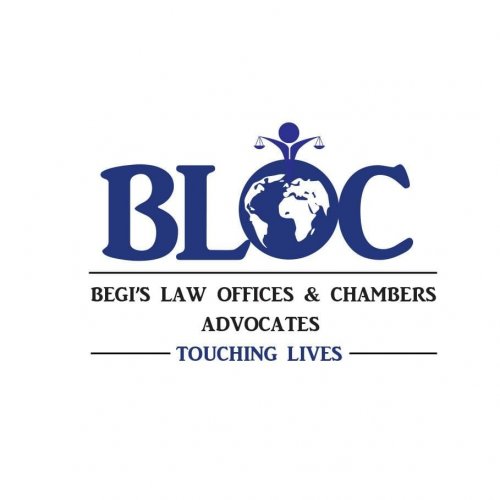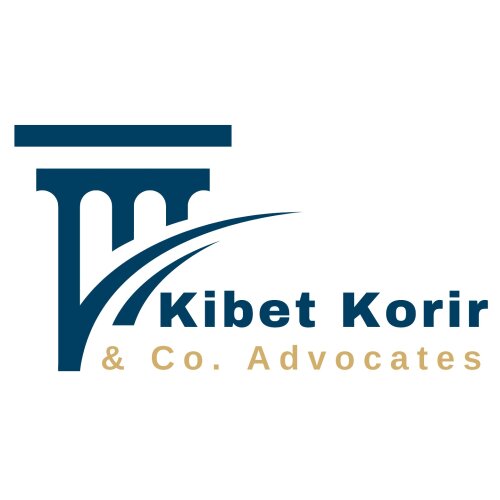Best Education Law Lawyers in Kenya
Share your needs with us, get contacted by law firms.
Free. Takes 2 min.
Or refine your search by selecting a city:
List of the best lawyers in Kenya
About Education Law in Kenya
Education Law in Kenya encompasses the statutes, regulations, and policies that govern the educational system within the country. It covers areas such as the rights and responsibilities of students and educators, the management and operation of schools, the curriculum standards, and the policies related to education at all levels of the Kenyan system. The primary legal framework for education in Kenya is derived from the Constitution of Kenya, as well as from specific legislative acts such as the Education Act and the Basic Education Act, which outline the government’s mandate to provide free and compulsory basic education.
Why You May Need a Lawyer
There are several reasons why individuals or institutions might seek legal advice in the field of Education Law in Kenya. These include disputes related to student rights and disciplinary actions, issues of discrimination or injustice within educational institutions, challenges related to school governance and management, and compliance with regulatory standards. Furthermore, legal assistance may be needed in cases involving special education needs, teacher employment issues, or disputes over school admissions and placements.
Local Laws Overview
The key aspects of local laws relevant to Education Law in Kenya include the right to education as guaranteed by the Constitution, which mandates the provision of free and compulsory basic education to every child. The Basic Education Act 2013 is pivotal, further detailing the structures, mechanisms, and processes of providing education. It emphasizes the inclusive nature of education and outlines measures to ensure access and quality. Other relevant laws include the Teachers Service Commission Act, which regulates the teaching profession, and the TVET Act, which focuses on technical and vocational education and training.
Frequently Asked Questions
What are my child's rights to education under Kenyan law?
Every child in Kenya has the right to free and compulsory basic education as stipulated by the Constitution. This right is further reinforced by the Basic Education Act, ensuring that no child is denied access to education.
How can I address a situation of discrimination in my child's school?
If you suspect discrimination, you should first address the issue with the school administration. If unresolved, you may seek legal advice to ensure that your child’s rights are protected under the Constitution and relevant education laws.
What legal provisions exist for students with disabilities in Kenya?
The Kenyan Constitution and the Basic Education Act both mandate the inclusion of students with disabilities in the education system. Schools are required to accommodate and provide appropriate facilities for students with special needs.
Can a private school expel my child without due process?
No. Even in private institutions, student expulsion must follow due process and adhere to the principles of fairness and justice as required by law.
What should I do if my child's public school is overcrowded and lacks resources?
You can raise concerns with the local education authority or the Ministry of Education. Legal advice can also guide you on possible advocacy or litigation actions to demand better educational conditions.
What legal options are available for addressing teacher misconduct?
Misconduct by teachers can be reported to the Teachers Service Commission, which is responsible for teacher regulation. Depending on the severity, criminal charges may also be applicable.
Are there legal frameworks that govern the curriculum in Kenyan schools?
Yes, the curriculum is governed by the Kenya Institute of Curriculum Development Act, which outlines the standards and content of educational curricula in schools.
Can legal action be taken against a school for bullying incidences?
Yes, schools have a duty of care to protect students. Legal action can be pursued against a school if it fails to address bullying, and damages or specific remedies can be sought.
What recourse do I have if a public school refuses to admit my child?
You can appeal the decision with the school board or the Ministry of Education. Legal advice can help explore further remedies through the courts if necessary.
How does the legal system support vocational training and education in Kenya?
The TVET Act is designed to regulate and promote technical and vocational education, highlighting the government's commitment to supporting diverse educational needs.
Additional Resources
Consider reaching out to the Ministry of Education in Kenya for official guidance, as they provide regulatory and policy frameworks. The Teachers Service Commission can be a resource for issues related to teacher conduct and employment. Additionally, organizations like the Kenya National Commission on Human Rights can assist with matters related to educational rights.
Next Steps
If you need legal assistance in Education Law, start by consulting a qualified lawyer who specializes in this field. They can provide advice tailored to your specific situation and guide you through legal processes. You may contact the Law Society of Kenya for a referral or to check whether a lawyer is duly registered and reputable. Preparing any related documents and clear details about the issue at hand will facilitate a more productive consultation.
Lawzana helps you find the best lawyers and law firms in Kenya through a curated and pre-screened list of qualified legal professionals. Our platform offers rankings and detailed profiles of attorneys and law firms, allowing you to compare based on practice areas, including Education Law, experience, and client feedback.
Each profile includes a description of the firm's areas of practice, client reviews, team members and partners, year of establishment, spoken languages, office locations, contact information, social media presence, and any published articles or resources. Most firms on our platform speak English and are experienced in both local and international legal matters.
Get a quote from top-rated law firms in Kenya — quickly, securely, and without unnecessary hassle.
Disclaimer:
The information provided on this page is for general informational purposes only and does not constitute legal advice. While we strive to ensure the accuracy and relevance of the content, legal information may change over time, and interpretations of the law can vary. You should always consult with a qualified legal professional for advice specific to your situation.
We disclaim all liability for actions taken or not taken based on the content of this page. If you believe any information is incorrect or outdated, please contact us, and we will review and update it where appropriate.
Browse education law law firms by city in Kenya
Refine your search by selecting a city.







